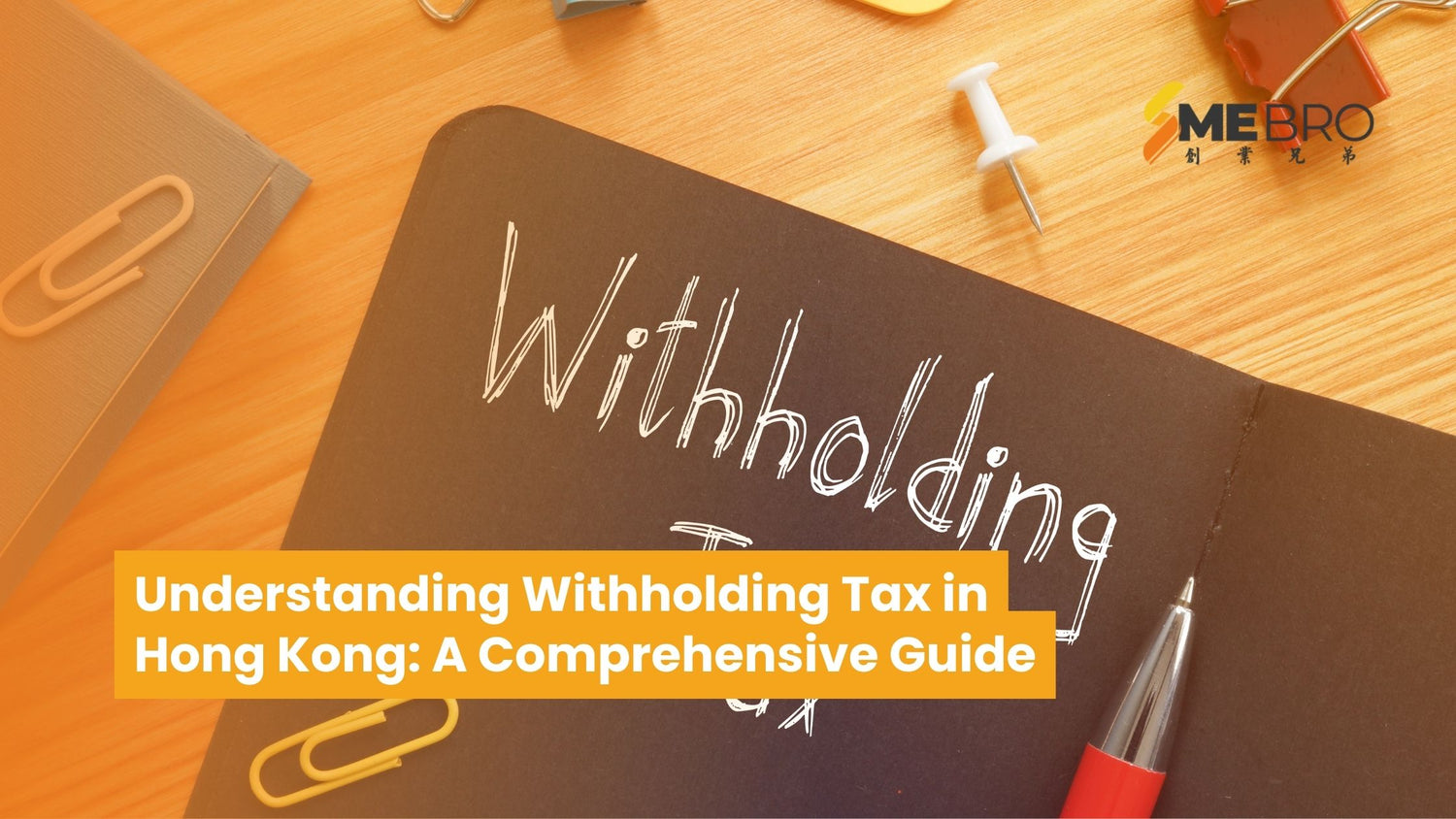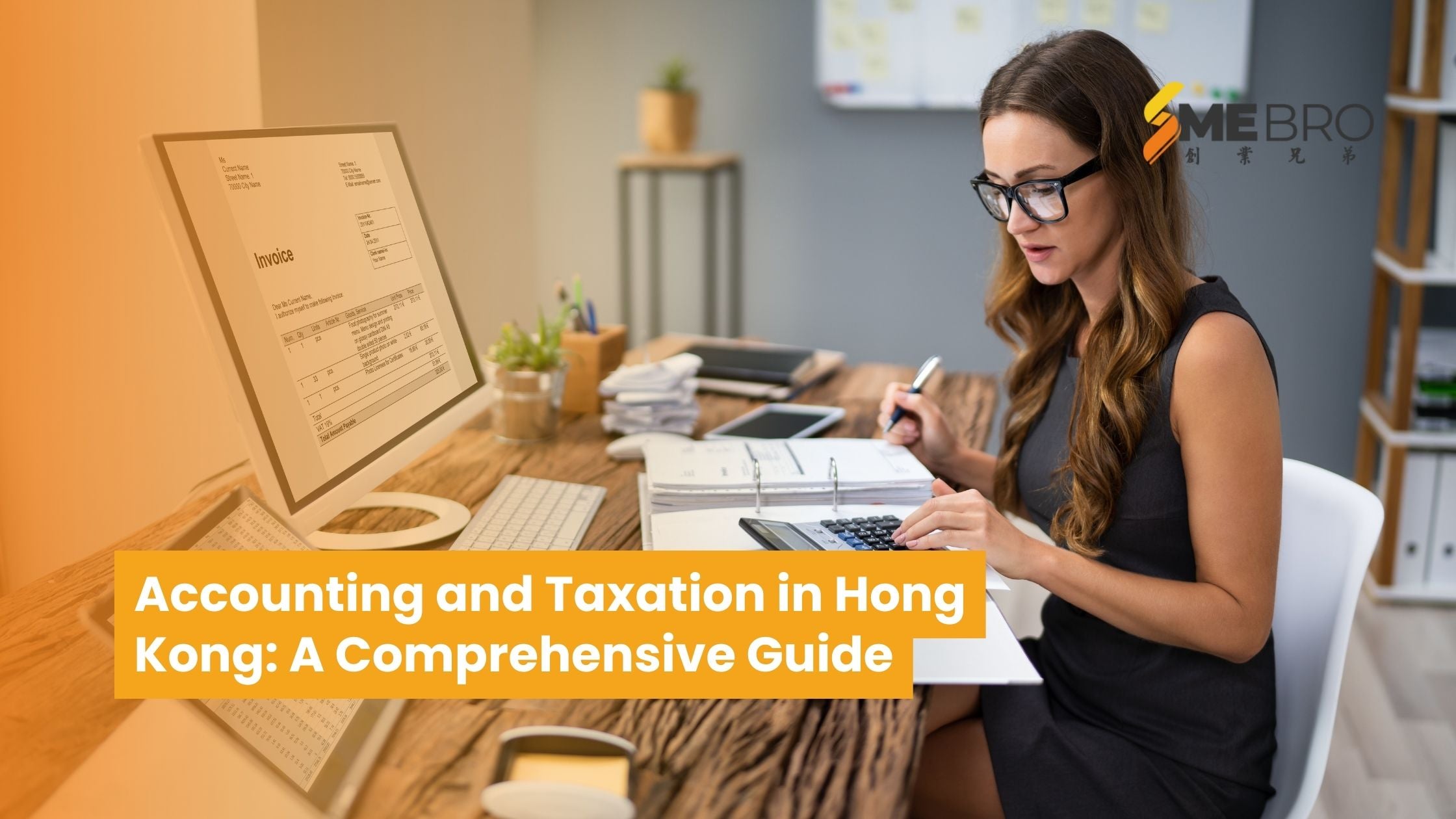Hong Kong's territorial tax system imposes levies solely on income generated within its borders through trade, professional, or business operations. This principle applies uniformly to residents and non-residents alike.
If a foreign entity earns revenue from services rendered or work undertaken in Hong Kong, it is obligated to fulfill tax obligations within the region.
When a Hong Kong-based company or individual disburses payments to a non-resident for services conducted within the territory, a designated portion of that payment must be retained and remitted to the Hong Kong Inland Revenue Department (IRD).

This fraction of the payment withheld is termed the "withholding tax," and it exclusively pertains to non-resident entities, encompassing both companies and individuals.
Defining Non-Resident Status
To determine withholding tax liability, it is crucial to establish the non-resident status of the recipient entity or individual. For tax purposes:
Non-Resident Individuals
Foreigners who have resided or worked in Hong Kong for fewer than 180 days during the tax year are classified as non-residents.
Non-Resident Companies
Corporations whose central management and control originate outside Hong Kong are deemed non-resident entities. The highest level of authority exercised by the board of directors constitutes central management and control.
Payments Subject to Withholding Tax
Not all payments disbursed to non-residents are subject to withholding tax in Hong Kong. Dividends and interest derived from investments, deposits, or shareholdings are exempt from this tax. However, specific categories of payments are liable for withholding tax, including:
1. Royalty Payments
Royalties encompass payments for the utilization, distribution, or exhibition of intellectual property, such as:
- Copyrighted materials (recorded music, books, films, marketing collateral, etc.)
- Patents and trademarks
- Confidential formulas or processes
- Technical knowledge related to the use of intellectual property within or beyond Hong Kong
2. Fees for Performances and Services
Withholding tax is also applicable to fees paid to non-resident entertainers, sportspeople, or professionals for their engagements or services rendered within Hong Kong. These include:
- Performances at commercial events or occasions
- Participation in sound recordings, films, videos, radio transmissions, and television broadcasts (live or pre-recorded)
- Provision of management, professional, or technical services within Hong Kong
Withholding Tax Rates
The withholding tax rates in Hong Kong vary based on the payment category, the type of payment, and whether the non-resident recipient is considered an "associate" of the Hong Kong entity. Here's a breakdown of the applicable rates:
|
Payment Category |
Payment Type |
Withholding Tax Rate |
|
Royalty Payments |
Non-resident companies that are associates |
16.5% |
|
Royalty Payments |
Non-resident companies that are not associates |
4.95% |
|
Royalty Payments |
Non-resident individuals who are associates |
15% |
|
Royalty Payments |
Non-resident individuals who are not associates |
4.5% |
|
Entertainers or Sportspeople |
Directly with non-resident entertainers or sportspeople |
10% |
|
Entertainers or Sportspeople |
Through a non-resident individual or partnership agent |
10% |
|
Entertainers or Sportspeople |
Through a non-resident corporate agent |
11% |
|
Dividends and Interest |
Not Applicable |
Not Applicable |
Understanding the "Associate" Relationship
The term "associate" refers to a close connection or affiliation between the Hong Kong entity and the non-resident recipient. This relationship often triggers a higher withholding tax rate to prevent potential tax avoidance schemes. The following entities are considered associates of a Hong Kong entity:
If the Hong Kong Entity is an Individual:
- Family members of the individual
- Partners of the individual or relatives of the partner
- Partnerships in which the individual is a partner
- Companies controlled by the individual
- Directors or principal officers of a company controlled by the individual
If the Hong Kong Entity is a Corporation:
- Associated corporations that control the Hong Kong entity, are controlled by the Hong Kong entity, or are under the same control as the Hong Kong entity
- Individuals who control the corporation, partners of the controller, or relatives of the controller or partner
- Directors or principal officers of the corporation (or any associated corporations), or relatives of the directors or officers
- Partners of the corporation or relatives of the partners
If the Hong Kong Entity is a Partnership:
- Any partner in the partnership or relatives of the partners
- Corporations controlled by the partnership, a partner, or any relative of a partner
- Directors or principal officers of a controlled corporation
- Corporations where the partners in the Hong Kong partnership serve as directors or principal officers are considered associates
Compliance and Reporting Obligations
Hong Kong entities disbursing payments to non-residents are responsible for withholding the appropriate tax amount and remitting it to the IRD. Failure to fulfill these obligations can result in penalties, interest charges, and potential legal actions.
Filing Deadlines
The deadline for filing withholding tax returns in Hong Kong typically falls within one month from the date of issue of the tax return. However, specific extensions may be granted in certain cases, such as:
- An additional one-month extension for electronic filing upon application
- Special extensions provided by the IRD for specific tax years or accounting periods
- It is crucial to stay updated on the latest filing deadlines and extensions to ensure timely compliance.
Consequences of Non-Compliance
Non-compliance with withholding tax obligations can have severe consequences, including:
- Penalties: Failure to withhold tax, file returns, or fulfill reporting obligations can result in monetary penalties and potential prosecution.
- Recovery Actions: If the tax remains unpaid, the entire outstanding balance, including a 5% surcharge, may become immediately recoverable. The IRD can initiate recovery actions, such as issuing notices to third parties and taking legal action as authorized by the Inland Revenue Ordinance.
To mitigate risks and ensure compliance, it is advisable to seek professional guidance, particularly for complex transactions or scenarios involving non-resident entities.
Conclusion
Understanding withholding tax in Hong Kong is crucial for businesses and individuals engaged in cross-border transactions or receiving income from sources within the territory.
Reasons Why Your Business Need a Tax Accountant
Compliance with withholding tax obligations not only ensures adherence to legal requirements but also helps prevent potential penalties and legal actions.
By familiarizing themselves with the applicable rates, payment categories, and reporting deadlines, entities can navigate the complexities of withholding tax in Hong Kong effectively.



![[Update] Hong Kong Accounting Standards](http://smebrother.com/cdn/shop/articles/Hong_Kong_Accounting_Standards.jpg?v=1721717241&width=2240)